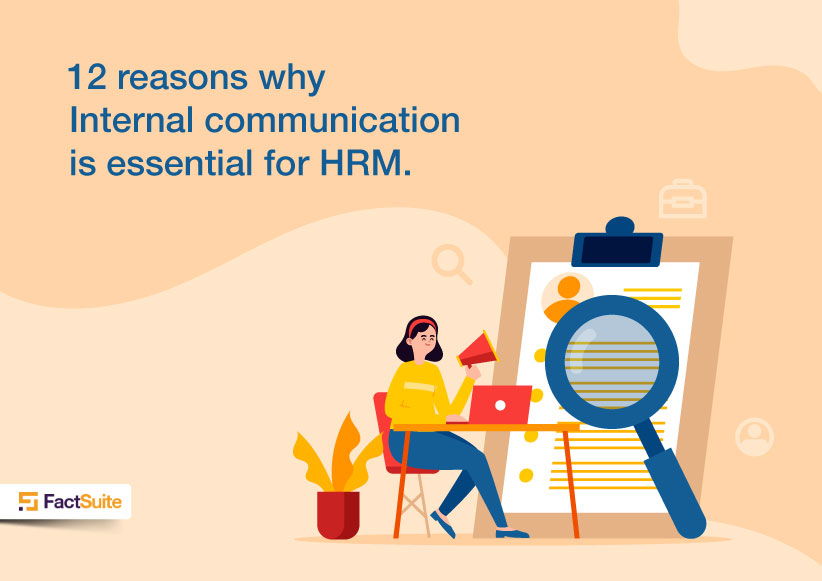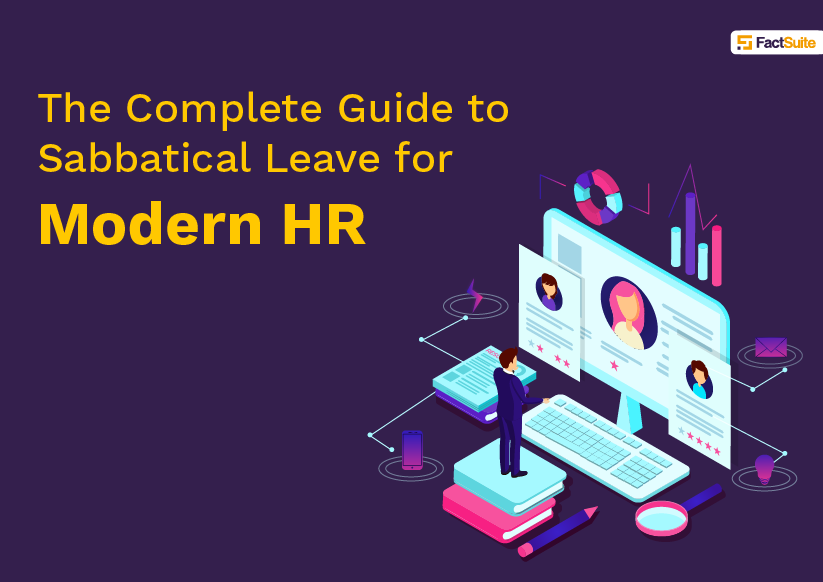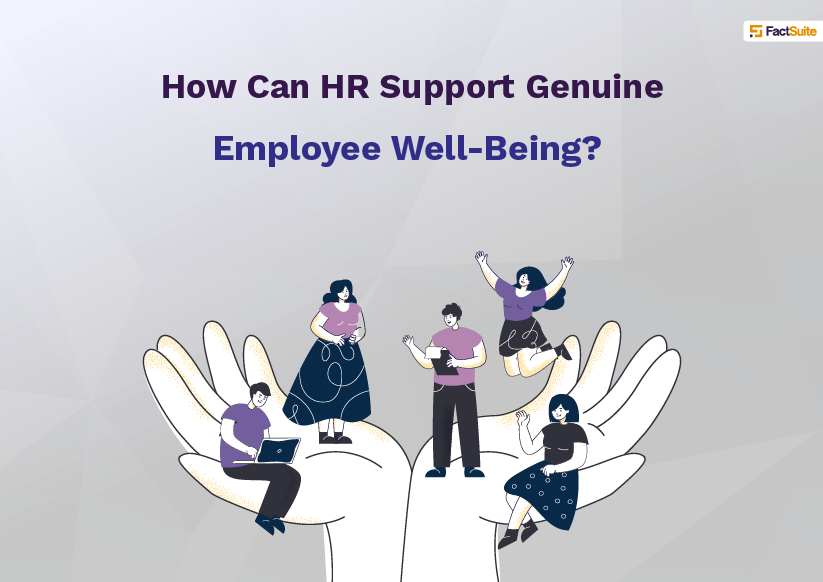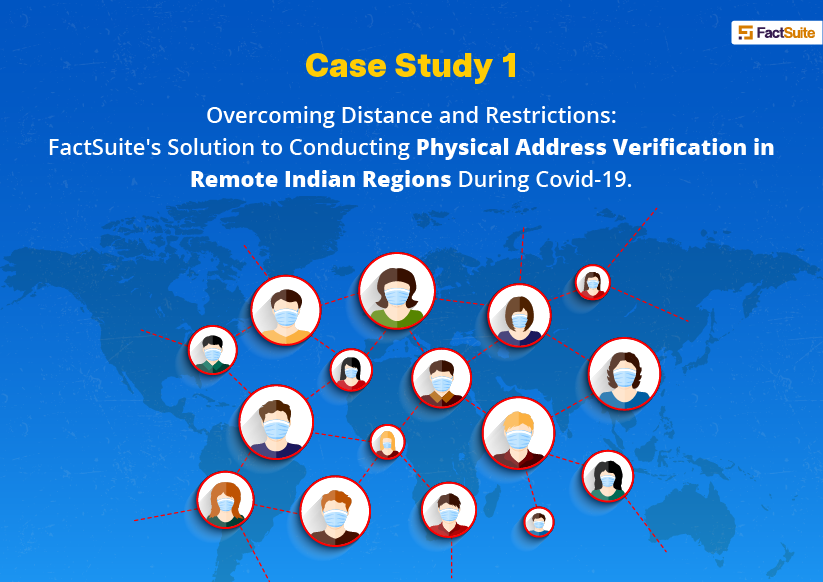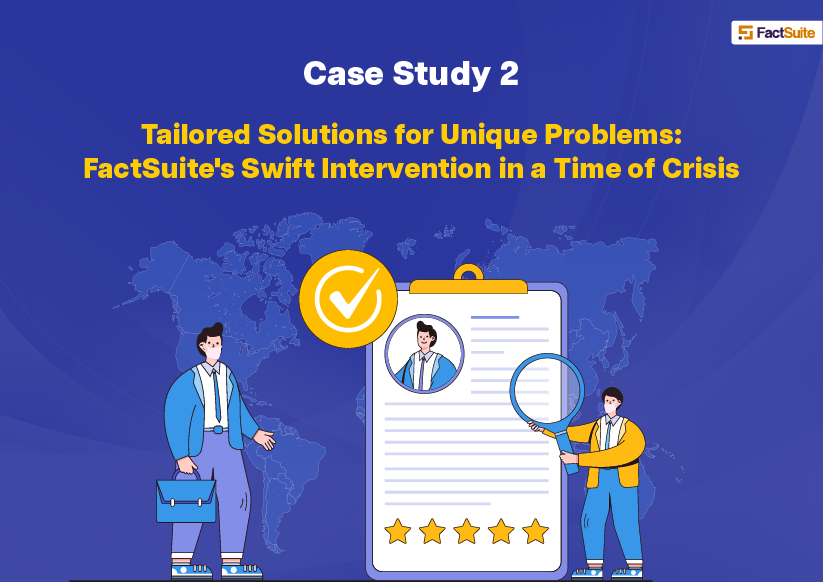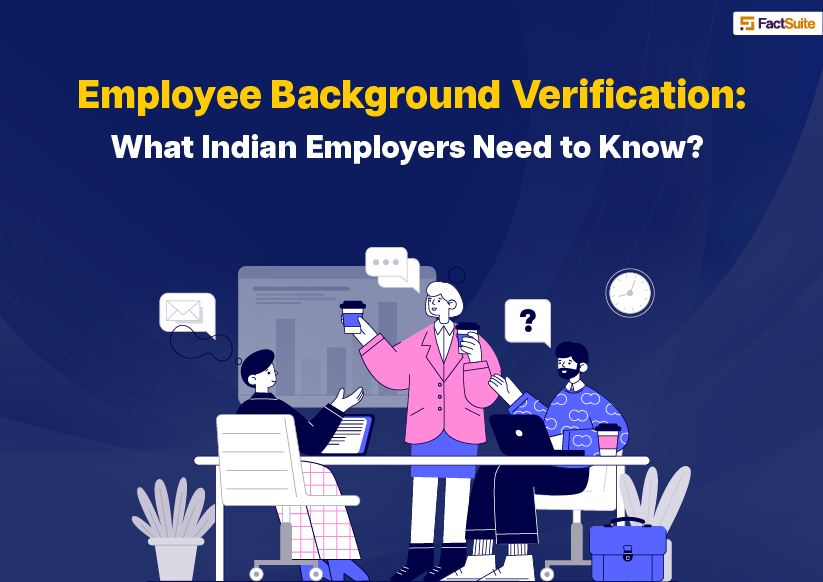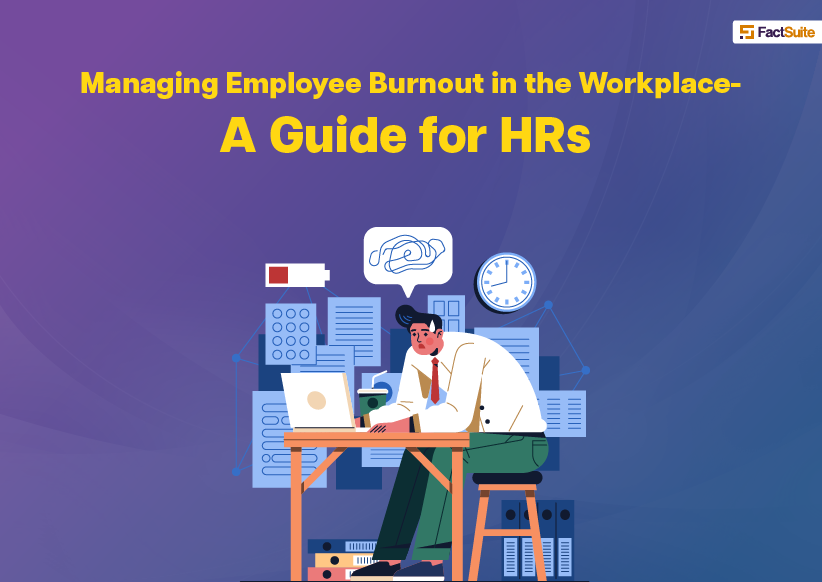What Is Bereavement Leave and How Does It Work?
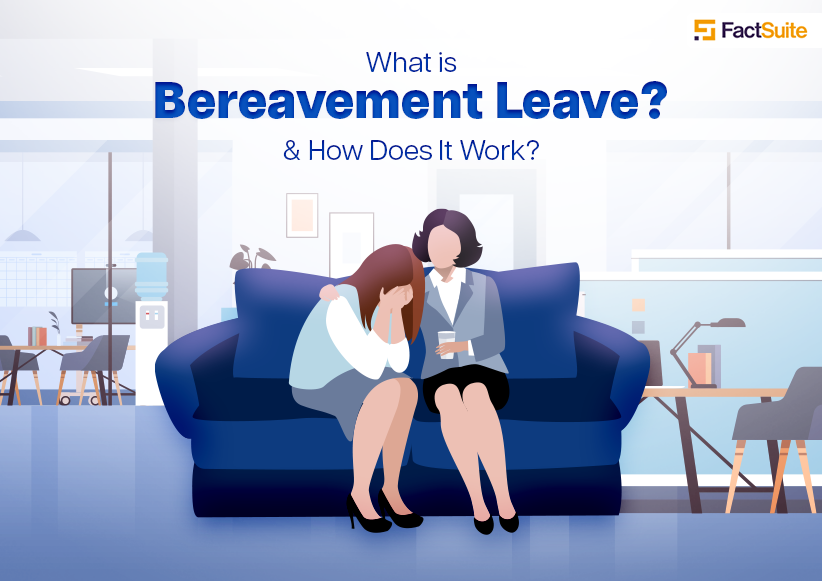
Table of Contents
- What is Bereavement Leave?
- Importance of Bereavement Leaves
- How does Bereavement Leave Work?
- Does the Law Require Employers to Provide Bereaved Leave?
- How to Apply for Bereavement Leave?
- Why Do Employers Offer Bereaved Leave?
- What Does a Typical Bereaved Leave Policy Include?
- Eligibility Criteria
- Duration of Leave
- Request Process
- Paid or Unpaid Leave
- Additional Considerations
- Difference Between Bereaved Leave and Compassionate Leave
- FAQs
- Are Bereavement Leaves Paid?
- Is It Compulsory to Provide Bereavement Leaves?
- Does Bereavement Count as a Sick Day? When Can I Use Bereaved Leave?
What is Bereavement Leave?
Bereavement leave, often referred to as compassionate leave or mourning leave, is a crucial employee benefit that grants individuals time off work to cope with the loss of a loved one. It allows employees to grieve, make funeral arrangements, and attend to matters necessitated by the death of a family member. Understanding its significance, process, and legal aspects is essential for both employers and employees.
To simply put it- Bereavement leave is a compassionate gesture provided by employers that permits employees to take time off work to mourn the passing of a family member. It is an acknowledgment of the emotional toll and the need for individuals to cope with their loss without the added stress of work responsibilities.
Importance of Bereavement Leaves
Bereavement Leave Importance is paramount to employee welfare, offering more than just time off. Its significance lies in providing individuals with the necessary space and time to navigate the complexities of grief. Losing a loved one is emotionally taxing, and bereavement leave acknowledges this by granting individuals the freedom to mourn without the added stress of work commitments. This compassionate gesture goes beyond policies; it reflects an organization's empathy and commitment to the well-being of its employees.
Moreover, Bereavement Leave Importance extends to its impact on workplace culture and employee loyalty. When employers prioritize and support their employees during vulnerable moments, it creates a sense of trust and belonging. Employees feel valued and understood, fostering a workplace environment where individuals are more inclined to reciprocate with dedication and loyalty.
In essence, bereavement leave isn't just a policy; it's a demonstration of empathy and a cornerstone of a supportive work culture.
How does bereavement leave work?
Accessing bereavement leave typically involves a structured process within an organization. Employees facing a loss are usually required to notify their employer or HR department about the situation, specifying the need for time off. Each company often has its own policy outlining the duration and eligibility criteria for bereavement leave. Bereavement Leave process might include the definition of immediate family members, the duration of leave allowed, and any necessary documentation or proof.
Understanding and adhering to this Bereavement Leave process is essential for employees seeking bereavement leave. Clarity on the process ensures a smoother transition during a challenging and emotionally turbulent period, allowing employees to focus on healing without additional concerns about work responsibilities.
Does the law require employers to provide bereaved leave?
In India, similar to the United States, there's no federal labor law or Bereavement Leave law that mandates employers to provide bereavement leave. The majority of state laws also do not specifically require this provision. Consequently, the availability of bereavement leave often becomes a matter for discussion between employees and the human resources department within a company.
Companies in India typically establish their own leave policies, outlining the procedures for employees dealing with the loss of a loved one. These policies serve as a framework that offers flexibility to address unique situations that employees might face during bereavement. For instance, in cases involving complex family situations, employees might have the opportunity to request additional time off beyond what's outlined in the policy.
If you're part of a union in India, you might have the opportunity to negotiate a new bereavement policy with your employer if the company doesn't have one in place. Unions can assist in negotiating new terms or modifying existing policies to accommodate special circumstances. This negotiation process may involve determining the duration of leave, setting rules and limitations, and subsequently incorporating these agreed-upon terms into the company's policies and employee handbook.
The absence of a specific Bereavement Leave law in India often leads to individual companies creating their own policies or engaging in negotiations with employees or unions to address the diverse needs of individuals during times of loss.
How to apply for bereavement leave?
Applying for bereavement leave in India involves a formal process within the company's framework. When an employee faces the loss of a family member, they usually need to notify their employer or the HR department as soon as possible. This notification should include details about the situation and the need for time off. Some companies might require specific documentation, such as a death certificate or other related documents, to validate the request for bereavement leave.
Upon notification, the HR department or the designated authority typically reviews the request. They assess its validity based on the company's policies regarding bereavement leave. This may include determining the relationship between the employee and the deceased, the duration of leave permitted, and any additional requirements, such as advance notice or the submission of relevant documents.
Employees are often encouraged to communicate openly and honestly with their employer or HR representative regarding their need for bereavement leave. Understanding the company's procedures and complying with any documentation requirements helps streamline the process and ensures a more seamless transition during a challenging period.
Why do employers offer bereaved leave?
Employers in India recognize the profound emotional impact that losing a loved one can have on an individual. Offering bereavement leave goes beyond fulfilling legal or company obligations; it signifies an organization's genuine empathy and commitment to its employees' well-being during times of emotional distress.
By providing bereavement leave, employers acknowledge the importance of granting individuals the necessary time and space to grieve and attend to matters necessitated by the loss. This compassionate gesture contributes significantly to fostering a workplace environment that values empathy, compassion, and understanding.
Moreover, offering bereavement leave aligns with the broader goal of creating a supportive and caring work culture. Employees who feel supported during difficult times are more likely to experience increased loyalty and dedication to their workplace. This, in turn, enhances employee morale, engagement, and overall satisfaction within the organization.
In essence, offering bereavement leave in India isn't merely a compliance measure but a testament to an employer's commitment to prioritizing the emotional well-being of its employees and cultivating a compassionate workplace culture.
What does a typical bereaved leave policy include?
A typical bereaved leave policy within an Indian workplace outlines the framework and guidelines for employees seeking time off due to the loss of a family member. This policy usually includes:
1. Eligibility Criteria:
Defining who qualifies as an immediate family member under the policy. It commonly includes spouses, parents, children, and sometimes grandparents or siblings.
2. Duration of Leave:
Specifying the number of days or period granted as bereavement leave. Some policies might differentiate between the relationship to the deceased, offering varying lengths of leave for different family members.
3. Request Process:
Detailing the procedure for employees to request bereavement leave, including whom to inform, the required documentation, and the timeline for notification.
4. Paid or Unpaid Leave:
Specifying whether the bereavement leave is paid or unpaid. Some companies offer paid leave for a certain number of days, while others provide unpaid leave or allow employees to use accrued paid time off.
5. Additional Considerations:
Addressing any additional provisions, such as extending leave under exceptional circumstances, flexibility in return-to-work arrangements, or counseling support for employees coping with grief.
Understanding and adhering to the company's bereavement leave policy is crucial for employees seeking time off due to the loss of a family member. Following these guidelines ensures a smoother process and aids in respecting both the employee's need for time to grieve and the company's operational requirements.
What's the difference between bereaved leave and compassionate leave?
In the context of leave provided for dealing with the loss of a loved one, the terms "bereaved leave" and "compassionate leave" are often used interchangeably, implying the same purpose of granting time off for mourning. However, in certain instances, there might be subtle distinctions:
-
Bereaved Leave: This term often specifically denotes leave granted upon the death of an immediate family member. It usually follows a structured policy within a company and pertains to a predetermined period for mourning and attending to related affairs.
-
Compassionate Leave: This term might encompass a broader scope, extending beyond bereavement to cover various personal crises or emergencies that require time off work to address. It could include situations such as supporting a family member during a critical illness or attending to urgent family matters not related to a death.
While the terminology might vary between organizations, both bereaved leave and compassionate leave aim to provide employees with the necessary time and support during challenging personal circumstances.
FAQs
1. Are bereavement leave paid?
The payment policy for bereavement leave varies from company to company. Some employers offer paid bereavement leave, ensuring employees receive their regular salary or a portion of it during their time off for mourning. Other companies might provide unpaid bereavement leave, requiring employees to use accrued paid time off or taking unpaid leave during this period. Review your company's specific bereavement leave policy to understand whether it is paid or unpaid.
2. Is it compulsory to provide bereavement leaves?
In many regions, including India, there's no legal mandate for employers to offer specific bereavement leave. While numerous employers recognize its significance and include it in their policies, it's not a requirement across all workplaces. Whether or not a company provides bereavement leave depends on their internal policies and practices.
3. Does bereavement count as a sick day? When can I use bereaved leave?
Bereavement leave is distinct from sick leave in most company policies. It's specifically designated for mourning the loss of an immediate family member. Unlike sick leave used for personal illness or medical reasons, bereavement leave allows employees time off work to attend a funeral, grieve, and handle affairs following the death of a family member. Each company defines the eligible relationships and situations when bereavement leave can be utilized.
Understanding your company's policy regarding bereavement leave, including whether it counts as a sick day and the specific circumstances under which it can be used, is crucial for employees in times of loss.











